Titanium is naturally a high strength, low-density element with excellent corrosion resistance. It is quite ductile and hard, has a high melting point, and has relatively low electrical and thermal conductivity. Read More…
For over 30 years, we have provided metal forged products for a wide variety of industries, including the aerospace, military, food service, medical, and automotive industries. Our customers know they can trust our forgings for quality and affordability.
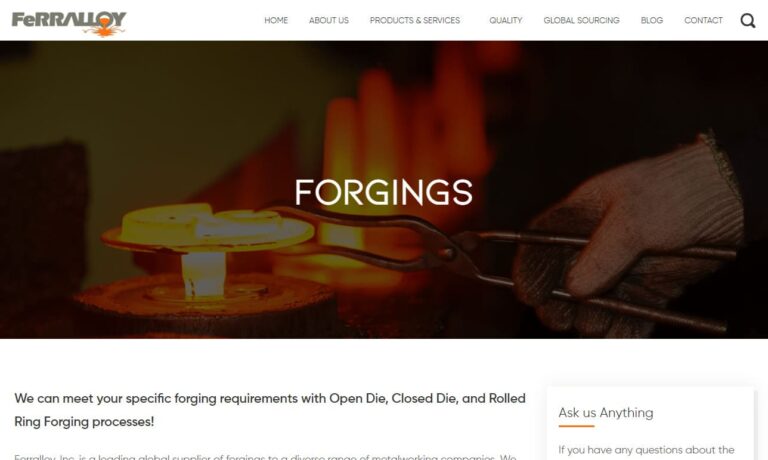
All Metals & Forge Group is your ISO9001:2015 and AS9100D registered forging facility. All Metals provides a wide range of materials, products and services, including discs, shafts, sleeves, cylinders, plates, blocks and many other shapes, both stock and custom, satisfying all of their customers’ requirements. Give All Metals & Forge Group a chance to satisfy your needs— you’ll be glad you...
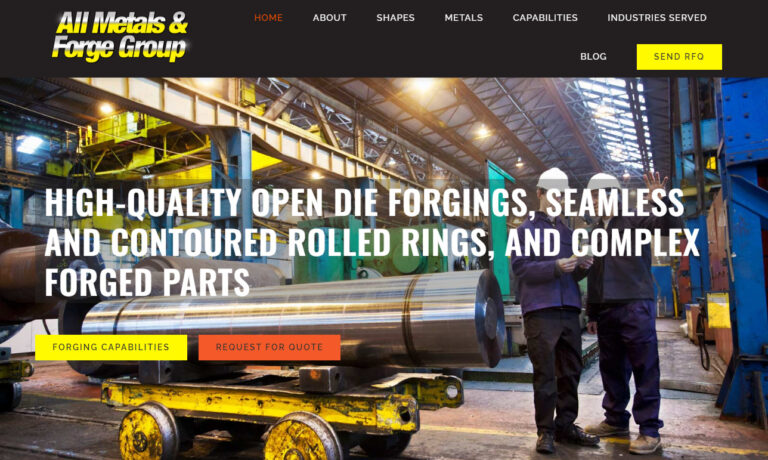
Although we have over 100 years of experience, we are committed to continually expanding our offerings in all industries. We are not content to remain as we are, but we continually work to improve our products and processes each and every day.
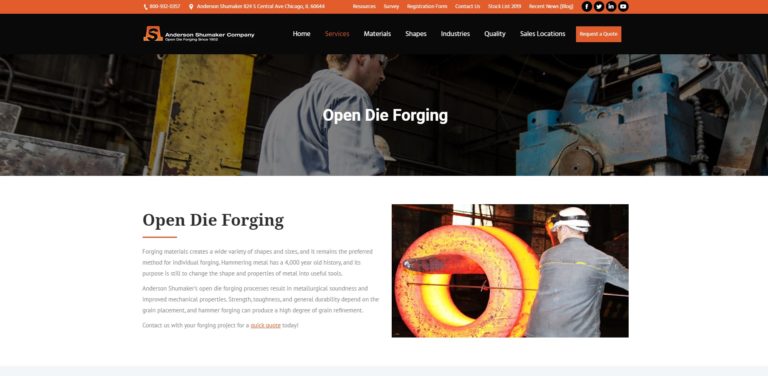
At Lenape Forged Products Corp., we take immense pride in our legacy of delivering high-quality forged products to a diverse array of industries. We specialize in producing precision-forged components that meet the rigorous standards required by our clients. Our extensive range of forgings includes everything from intricate custom parts to high-volume, standardized components, all meticulously...
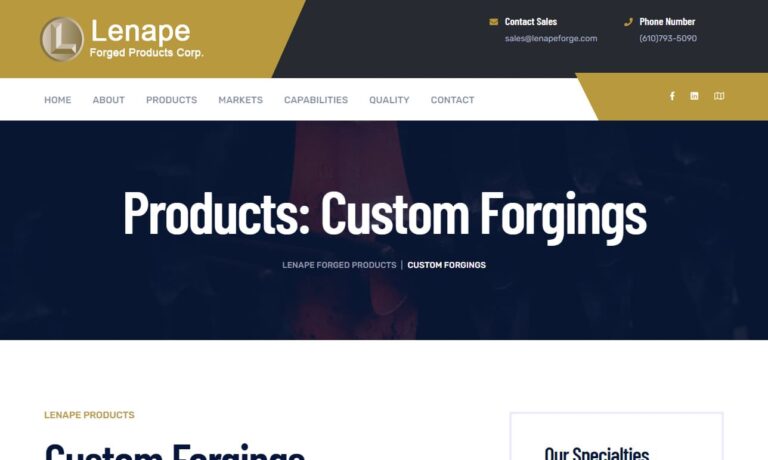
At Bula Forge & Machine, Inc., we are dedicated to delivering exceptional forging solutions that cater to a wide range of industries. Our expertise in the field of forgings is driven by a commitment to precision, innovation, and superior craftsmanship. We specialize in producing high-quality forged components that meet the rigorous demands of our clients.
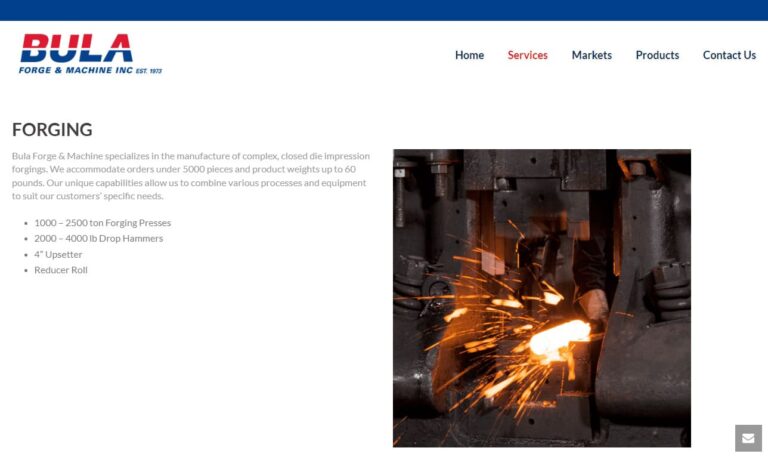
More Titanium Forging Companies
Titanium forgings produce strong, low-density parts similar to carbon steel forging or stainless steel forgings, but about 40% lighter. Titanium forgings offer high resistance to corrosion by salt water, along with a broad range of acids, alkalis, natural waters and industrial chemicals. Titanium forgings come in a variety of shapes, such as rings, cylinders, bars, blocks, discs, sleeves, hubs, flanges, as well as any number of more complex custom shapes for particular applications. Titanium forgings work effectively in environments reaching up to 1000 degrees Fahrenheit.
Because of their excellent strength-to-weight ratio, titanium alloy forgings are used in applications such as engine components and structural components for aircraft, ship components, and valves and fittings for the transportation and chemical industries, where corrosion resistance, optimal strength and low weight are needed.
The titanium forging process gives the metal a sophisticated structure that enhances its strength. Most often titanium forgings are created by heating a preformed piece of titanium or titanium alloy and then using a large forging hammer or press that forces the workpiece to take the shape of the die(s). Unlike in casting, the metal is not melted or poured; instead the forging process uses intense pressure to cause the metal to flow into the desired shape.
The process often proceeds gradually through numerous strikes, requiring an operator to move the workpiece through a series of impression cavities. A variety of equipment can be used to forge titanium. Drop forge equipment utilizes a massive drop-hammer that falls from above on the workpiece as it lies on a stationary anvil. In counterblow machines, both the hammer and the anvil move horizontally to impact the workpiece that is held between them.
Forging presses use mechanical or hydraulic force to apply continuous pressure over the course of a number of seconds; the stroke time is much slower than in drop forging, but in most cases only requires one pressing per part. Whatever the particular forging method, titanium forgings make light-weight, high-integrity components capable of performing well even in harsh environments.

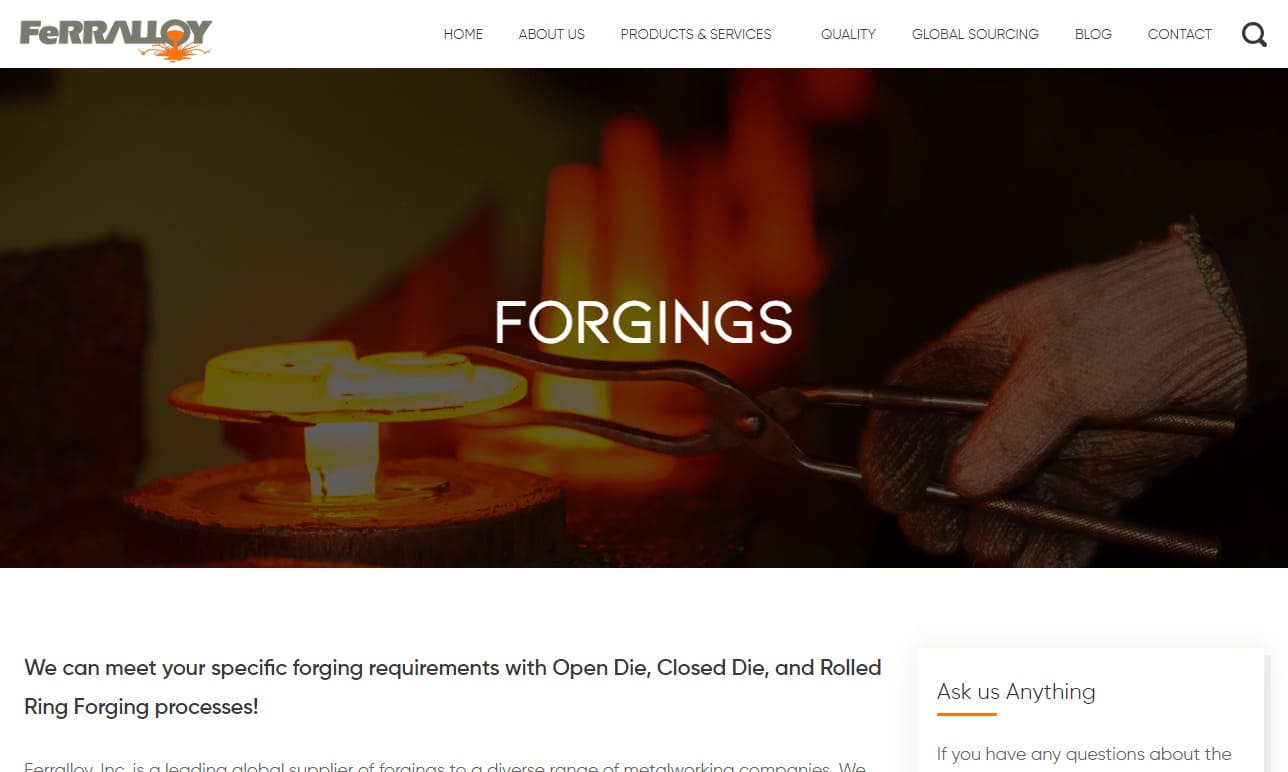


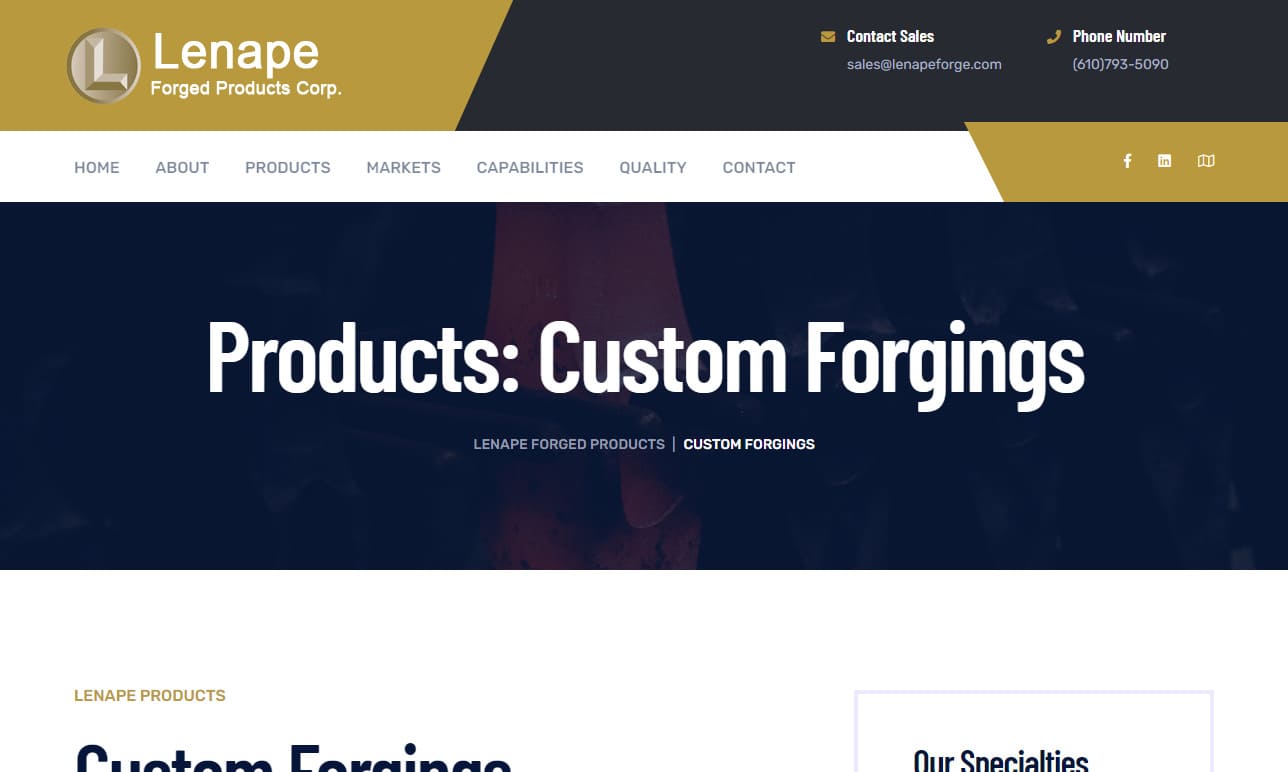
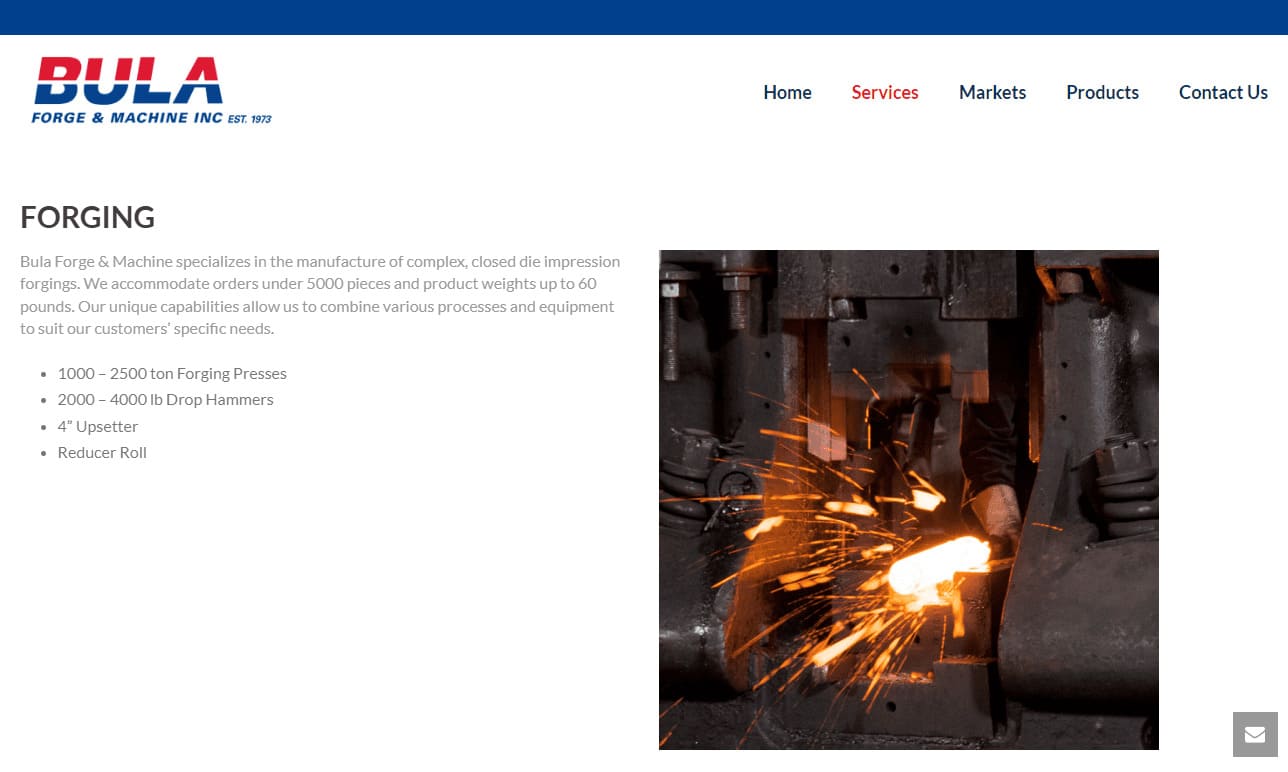
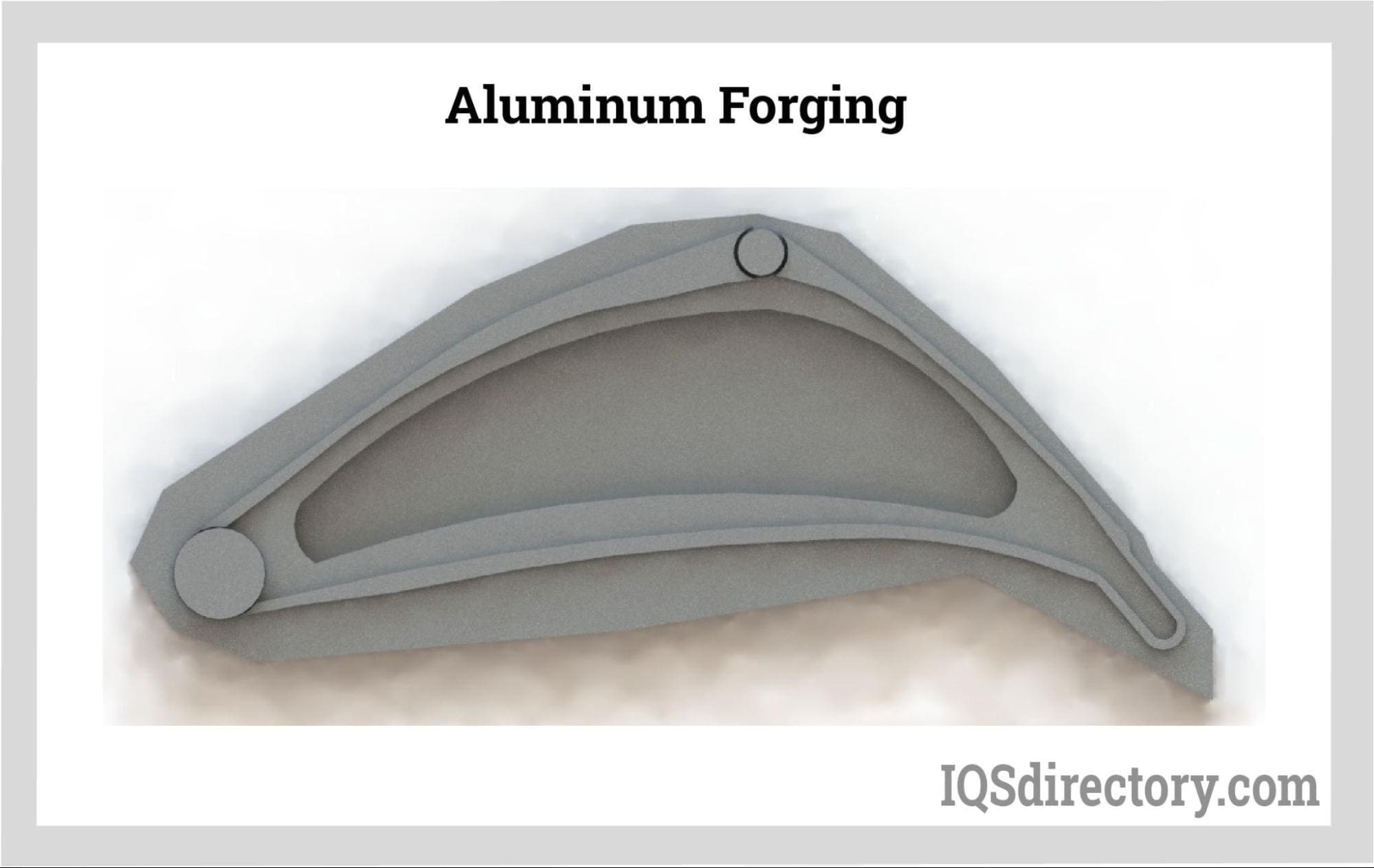
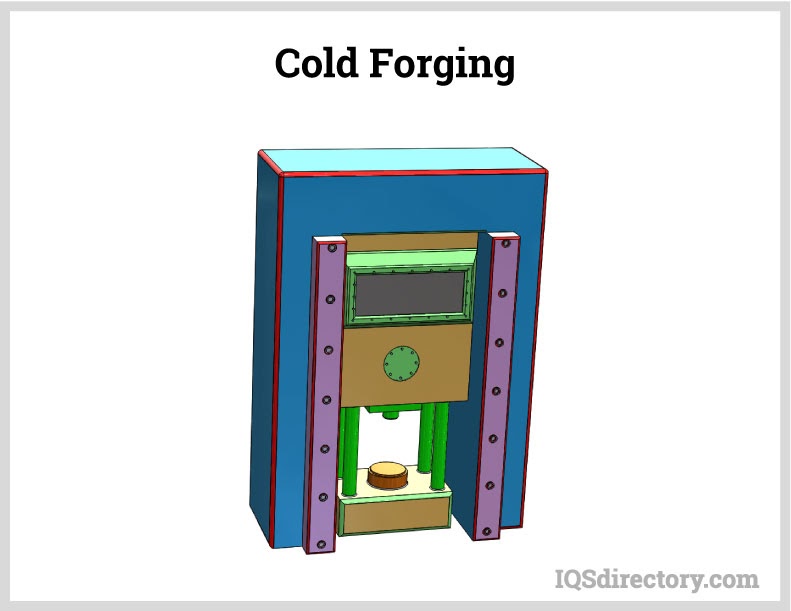
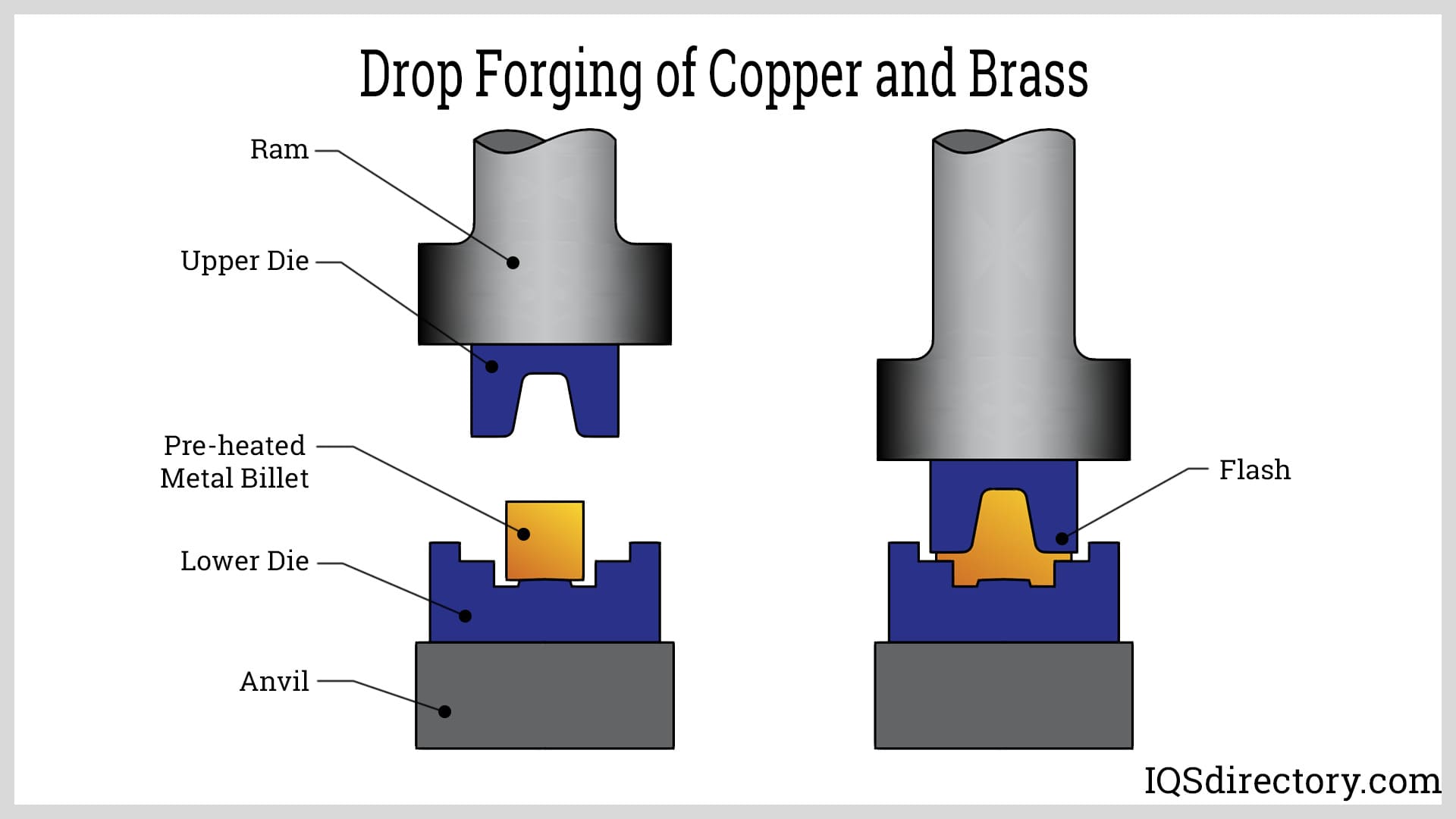
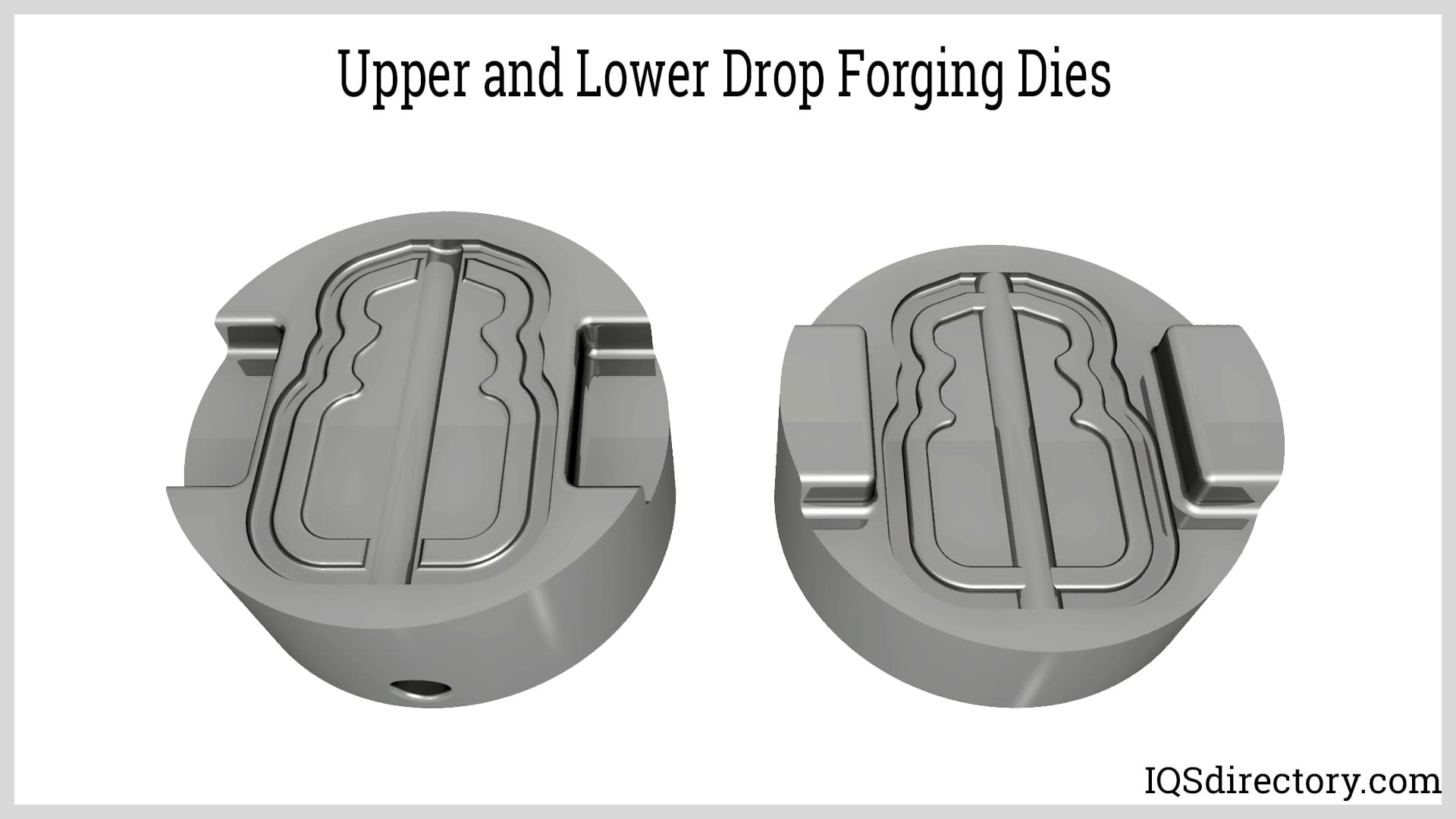

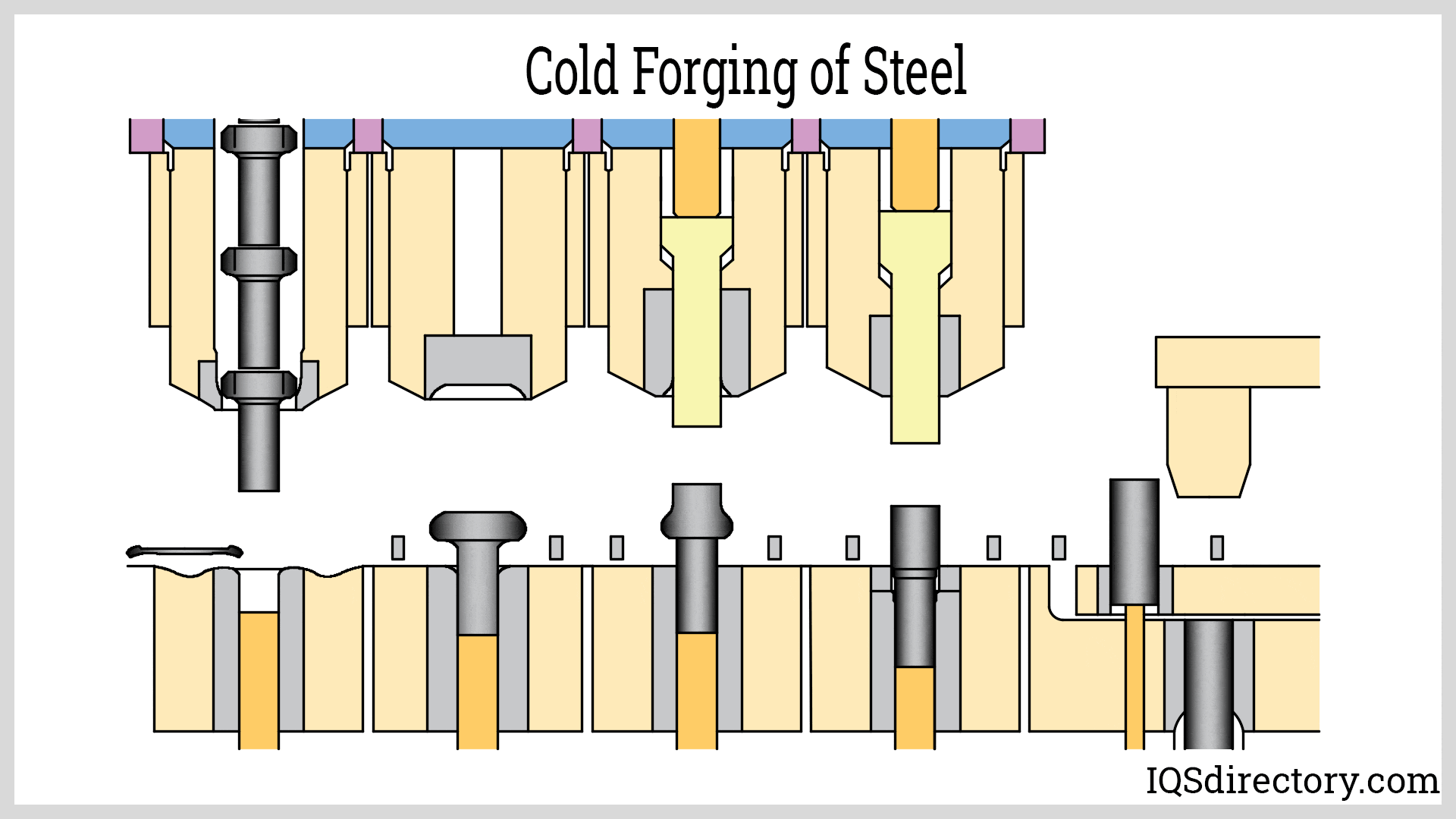
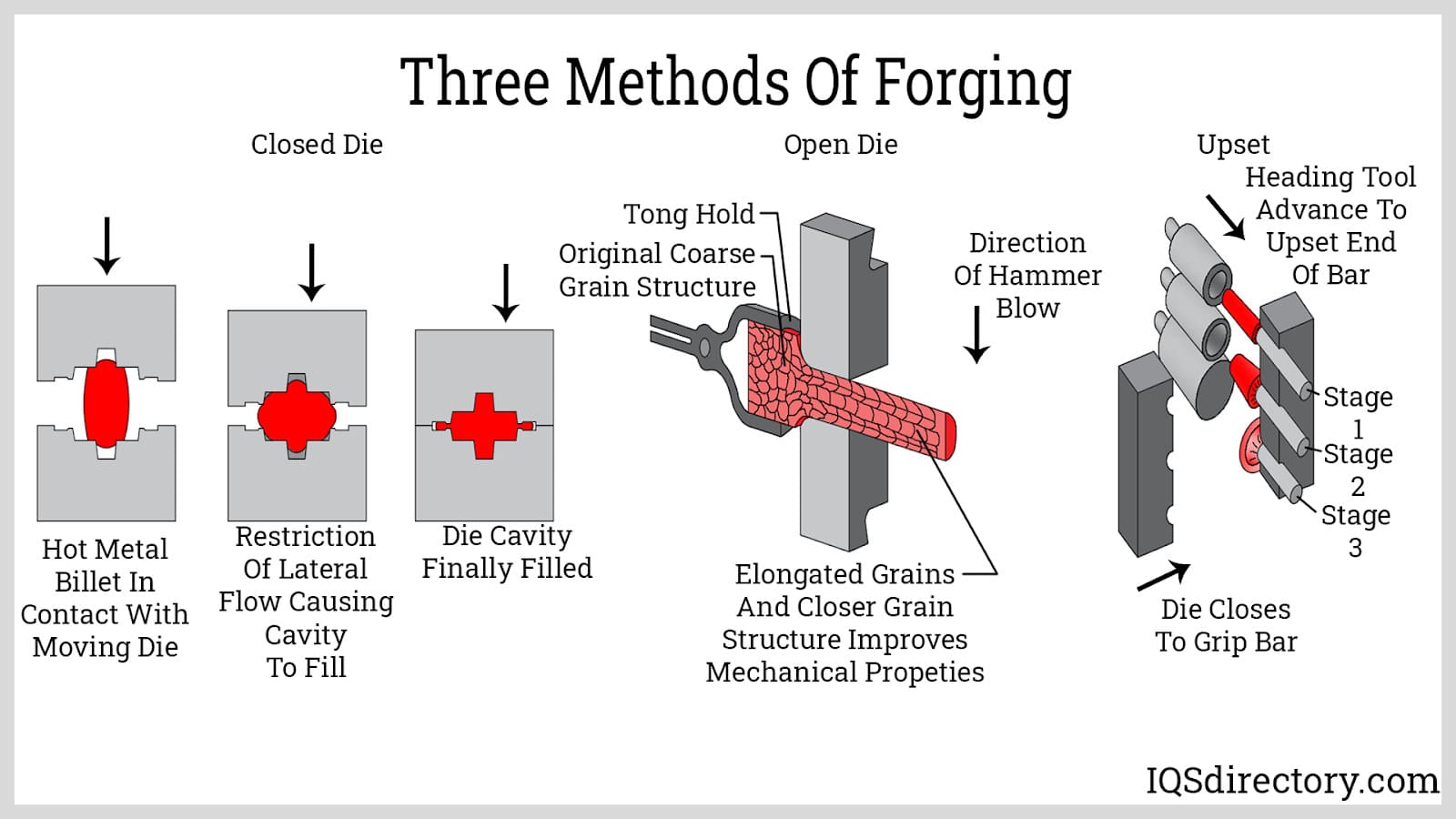
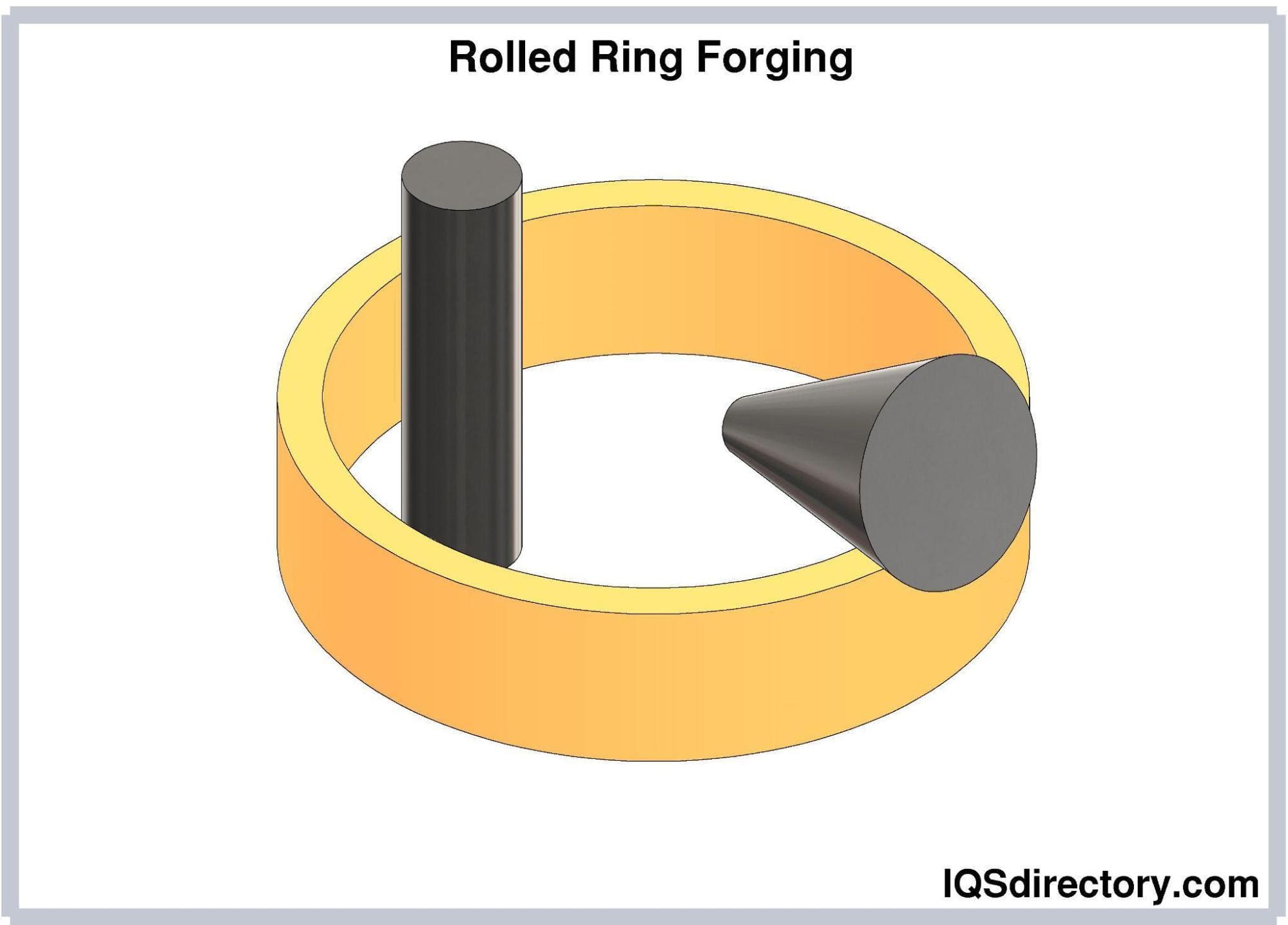


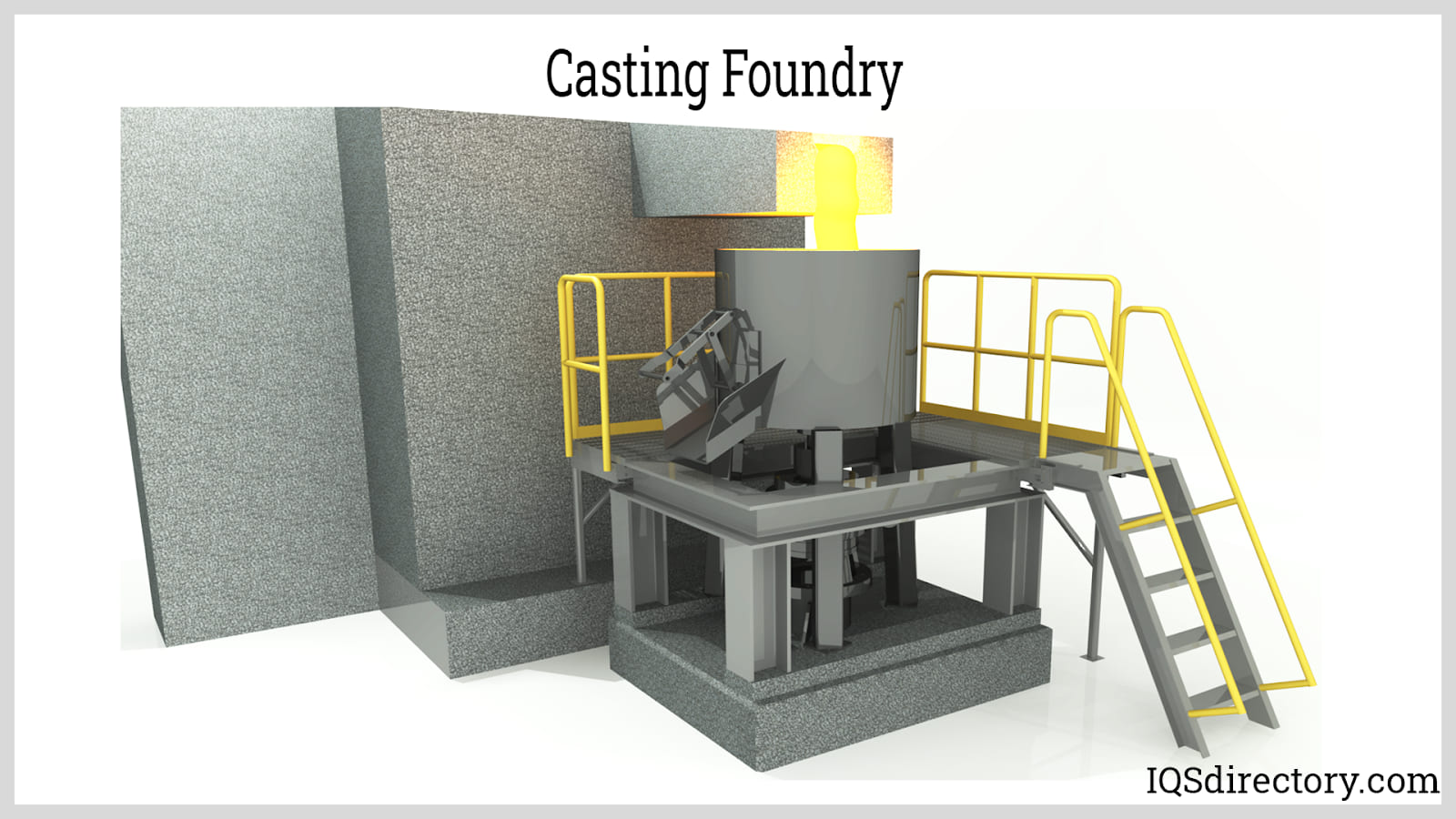

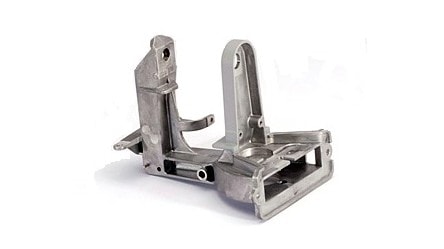 Die Castings
Die Castings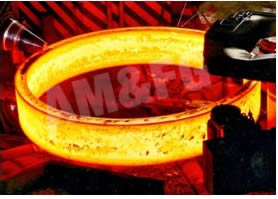 Forgings
Forgings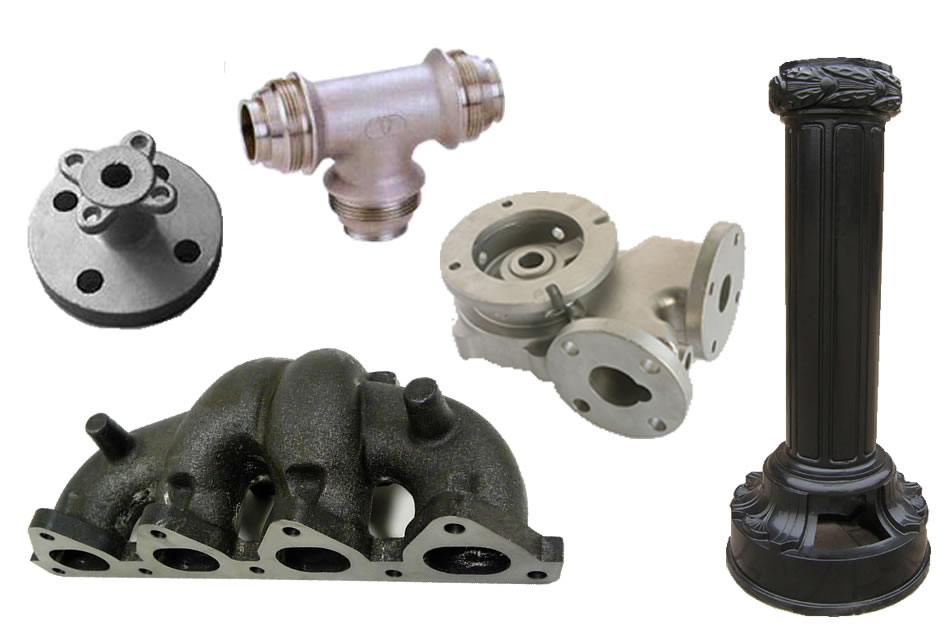 Grey Iron Castings
Grey Iron Castings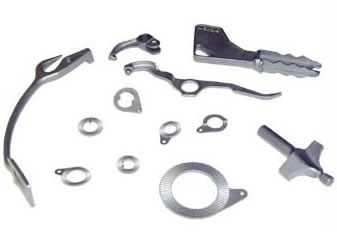 Investment Castings
Investment Castings Castings & Forgings
Castings & Forgings Bulk Material Handling
Bulk Material Handling Electrical & Electronic Components
Electrical & Electronic Components Flow Instrumentation
Flow Instrumentation Hardware
Hardware Material Handling Equipment
Material Handling Equipment Metal Cutting Services
Metal Cutting Services Metal Forming Services
Metal Forming Services Metal Suppliers
Metal Suppliers Motion Control Products
Motion Control Products Plant & Facility Equipment
Plant & Facility Equipment Plant & Facility Supplies
Plant & Facility Supplies Plastic Molding Processes
Plastic Molding Processes Pumps & Valves
Pumps & Valves Recycling Equipment
Recycling Equipment Rubber Products & Services
Rubber Products & Services